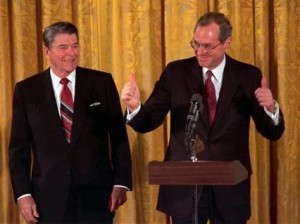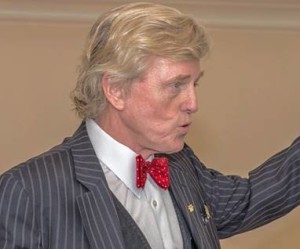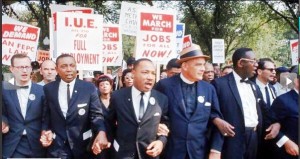On April 22, 2015, Jamycheal Mitchell, 24, a schizophrenic, walked into a 7-11 in Portsmouth, and took a Mountain Dew, a Snickers bar and a Zebra Cake.
The value of these three food items was $5.05.
He was charged with trespass, and petit larceny, misdemeanors.
What do you think his bail should have been?
Whatever you think, you likely got it wrong.
He was denied bail entirely, and held in custody at the Hampton Roads Regional Jail, according to the Portsmouth Case Information System.
Every person accused of a crime, particularly a misdemeanor, has a constitutional right to be released on bail if they are not a risk to themselves or to the community.
There is no indication that Jamycheal posed any risk when arrested.
But the Magistrate denied him bail, and kept him in custody.
Jamycheal wasn’t released from jail a month later.
Instead, Judge Morton V. Whitlow ordered Jamycheal to be transferred to the Eastern State Hospital since he was deemed incompetent to stand trial on the misdemeanor shoplifting charges, and presumably remain there until he was competent to stand trial.
If that sounds bizarre, this Dickensian nightmare for Jamycheal and his family was hardly over.
Nor would it end anything like Victor Hugo’s famously wronged fictional inmate, Jean val Jean, who stole a loaf of bread, rather than a Snickers.
There was no room at Eastern State for Jamycheal. So he remained at the Hampton Roads Regional Jail. In fact, Jamycheal was never taken to receive any treatment.
Jamycheal reportedly paced his cell naked, ate little or nothing, lost weight, and had no visitors.
On July 31, 2015, when he appeared before the court, he was visibly thinner, his face emaciated, but the Court simply reiterated his earlier direction, that Jamycheal be transferred to the Eastern State Hospital.
Having seen Jamycheal in court on July 31, 2015, a least one family member reportedly called the jail and asked that he be transferred to the emergency room. But that didn’t happen.
On about August 17, 2015, Jamycheal was dead. Continue reading









![John P. Flannery was a federal drug prosecutor in the Southern District of NY, and has served on various drug task forces]](http://www.loudounprogress.org/wp-content/uploads/2016/02/drugcourt-300x225.jpg)
